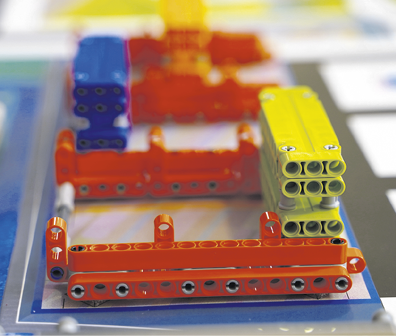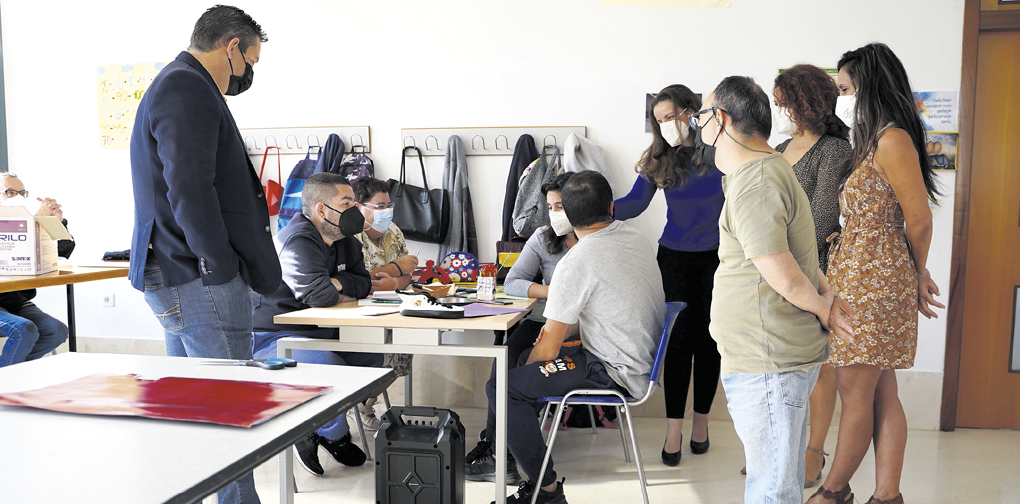
The students of the Educational Robotics course taught at the El Mojón Center for Functional Diversity cannot hide their illusion. The enthusiasm that their faces transmit is accentuated as the most anticipated event of the year approaches, the First Lego League, the main tournament on science and robotics that is organized in the Archipelago and in which 700 young people between 6 and 16 will compete. years distributed in 66 teams. The countdown for the appointment on March 12 at the Guajara Lecture Hall has already been activated. At stake is the presence in the national competition, honors reserved for the absolute winners in the different modalities. Two groups of young people with functional diversity participate in the robotics course launched by Adesa (a public company that manages the Arona Social Services resources) with an eye toward a competition that promotes integration, teamwork, creativity and innovation. Transport will be the central theme in this year’s edition.
The first of the groups is already working with the “maximum illusion” in the development of ideas applied to the transport of bananas, “from its harvest”, its members point out. To find out about the complete process and be able to find the key that will make them repeat the triumph of the year 2020 – then they won with a project on recycling – they have visited a banana plantation, where they have taken good note of the experience.
The second group participates in the classes for the first time with the intention of testing the ground and preparing for the 2023 edition. Its participants recognize that the sensations are unbeatable. “It’s a lot of fun and there’s a very good atmosphere”, they emphasize, while unfolding all their creativity on the new multipurpose room in the center of El Mojón, where the large table with the Lego circuit is set up.

The teacher in charge of teaching them to program and build the robot is Toni Cuesta Prieto, astrophysicist, aeronautical mechanic and expert in educational robotics. “I tell them where to go, but they provide the ideas,” he says, and underlines the four phases into which the mission is divided: “The values it brings to the participants, the research to develop the project, the design of the robot and the tests that must be carried out in the championship”.
Fun is another of the key factors in developing strategies, design development, programming and when testing an autonomous robot applying Lego Mindstorms technology. These activities encourage the application of mathematical and scientific concepts to real life situations and to develop skills and competencies such as critical thinking. In addition, having to manipulate small parts helps them improve their fine motor skills, experts say.
José Julián Mena, mayor of Arona, visited the students this week and congratulated them for the work they do: “It is a source of pride for the municipality, they are the true reflection of an inclusive Arona without barriers”. For her part, Julia Morales, councilor responsible for ADESA, stressed that “we must not only highlight the integration and accessibility of these activities, but also the community values and skills that they provide.”















